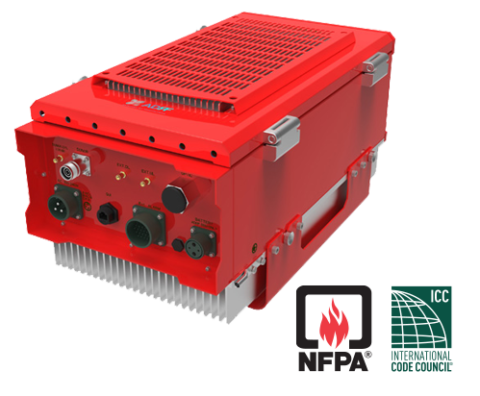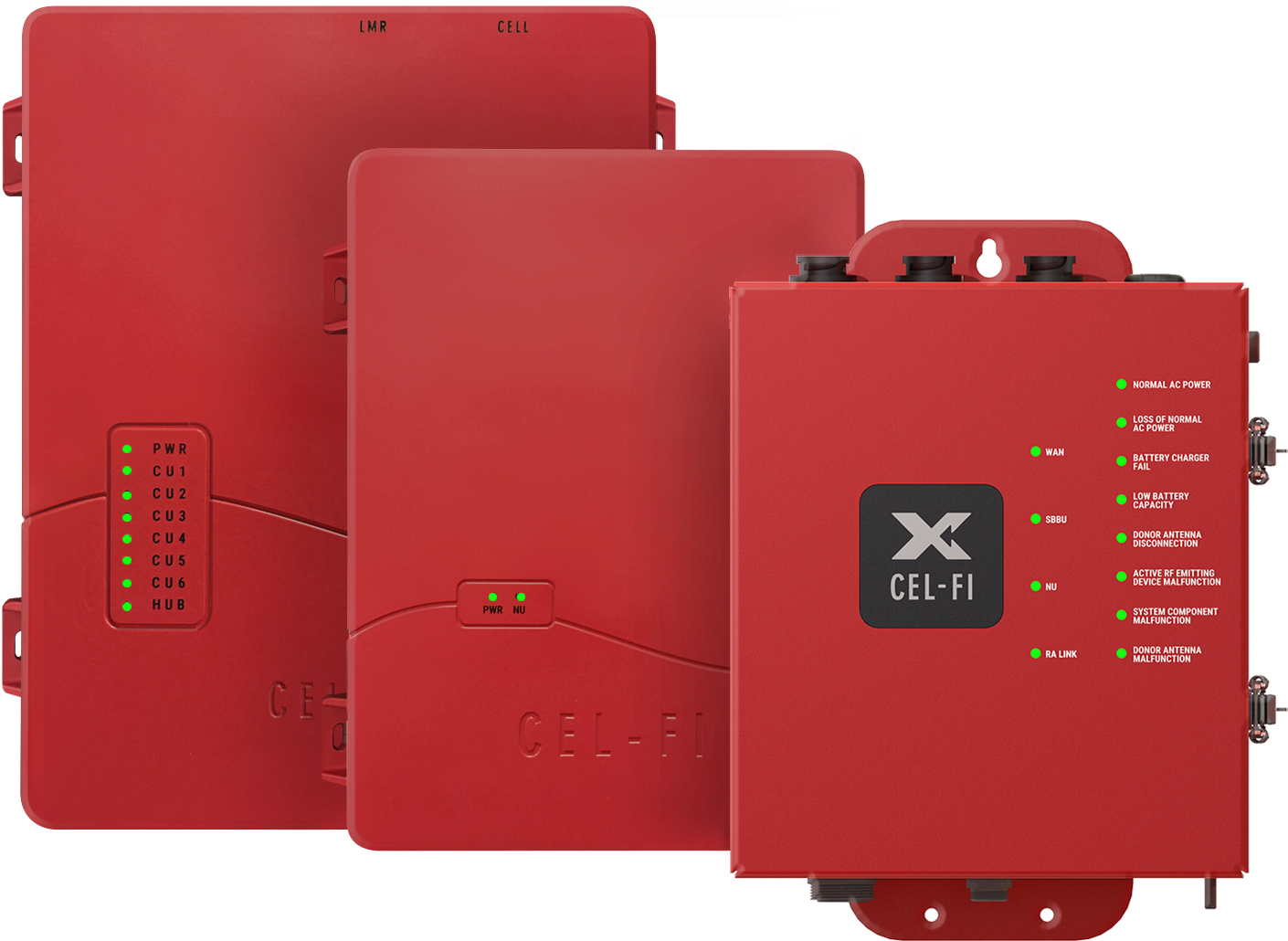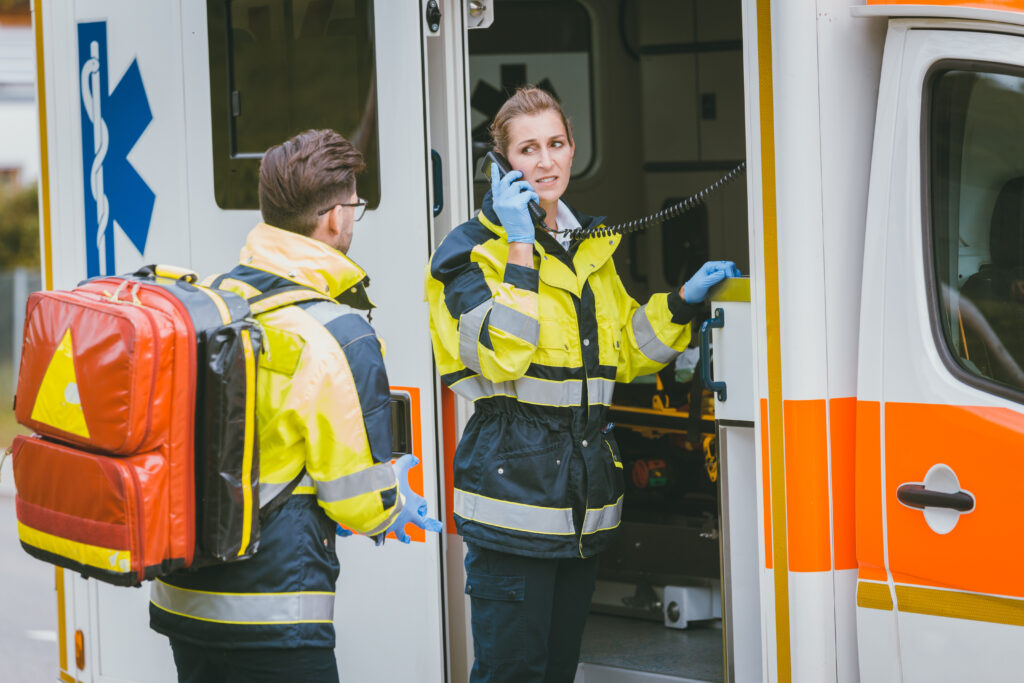Expert ERCES Installation and Maintenance Services in NH
At RFE Communications, we specialize in Emergency Responder Communication Enhancement Systems (ERCES) installation and maintenance services for commercial businesses. Our team of expert technicians is well-equipped to install ERCES systems in any commercial setting. We understand how crucial it is to have a reliable communication system in emergency situations, and that’s why we’re dedicated to providing top-notch services to our clients. If you’re interested in having one of these systems installed at your commercial business in New Hampshire, we’re here to help. Don’t hesitate to contact us for a consultation to get started.
Enhancing Responder Communication in NH
RFE Communications specializes in both installing and maintaining Emergency Responder Communication Enhancement Systems, designed to enhance crucial communication between emergency responders and individuals in critical situations. Our skilled technicians are adept at installing these systems in various commercial settings, recognizing the significance of reliable communication during emergencies, and upholding the highest installation standards.
Beyond installation, we provide continuous maintenance and support services in New Hampshire, encompassing routine inspections and testing to guarantee optimal functionality. In the event of any problems, our swift repair services ensure minimal disruption. Reach out today to discover more about our comprehensive installation and maintenance solutions for Emergency Responder Communication Enhancement Systems.
What is ERCES?
Emergency Responder Communication Enhancement Systems (ERCES) are communication systems that improve communication between emergency responders and people in emergency situations. These systems can be installed in different settings, such as commercial buildings, hospitals, schools, and public spaces.
ERCES systems consist of various devices and equipment, such as speakers, microphones, and intercoms. These tools are used to transmit messages and alerts to emergency responders and people in the area. Additionally, some systems include two-way radios, emergency sirens, and emergency lighting to aid communication and alert people to potential dangers.
The primary purpose of these systems is to provide a reliable and efficient way of communication between emergency responders and individuals in an emergency, to ensure a timely and effective response. By enhancing communication, these systems can significantly improve safety in different settings.

How does ERCES work?
Emergency Responder Communication Enhancement Systems are designed to provide a reliable means of communication between emergency responders and people in an emergency situation. They work by using a network of devices and equipment to transmit messages and alerts to people in the area. Overall, the specific components and features of an ERCES system will depend on the specific needs and requirements of the building and the people who use it. The system may be designed to meet the specific needs of a particular building or to provide a more general emergency communication solution.
These systems may include a variety of components, such as:
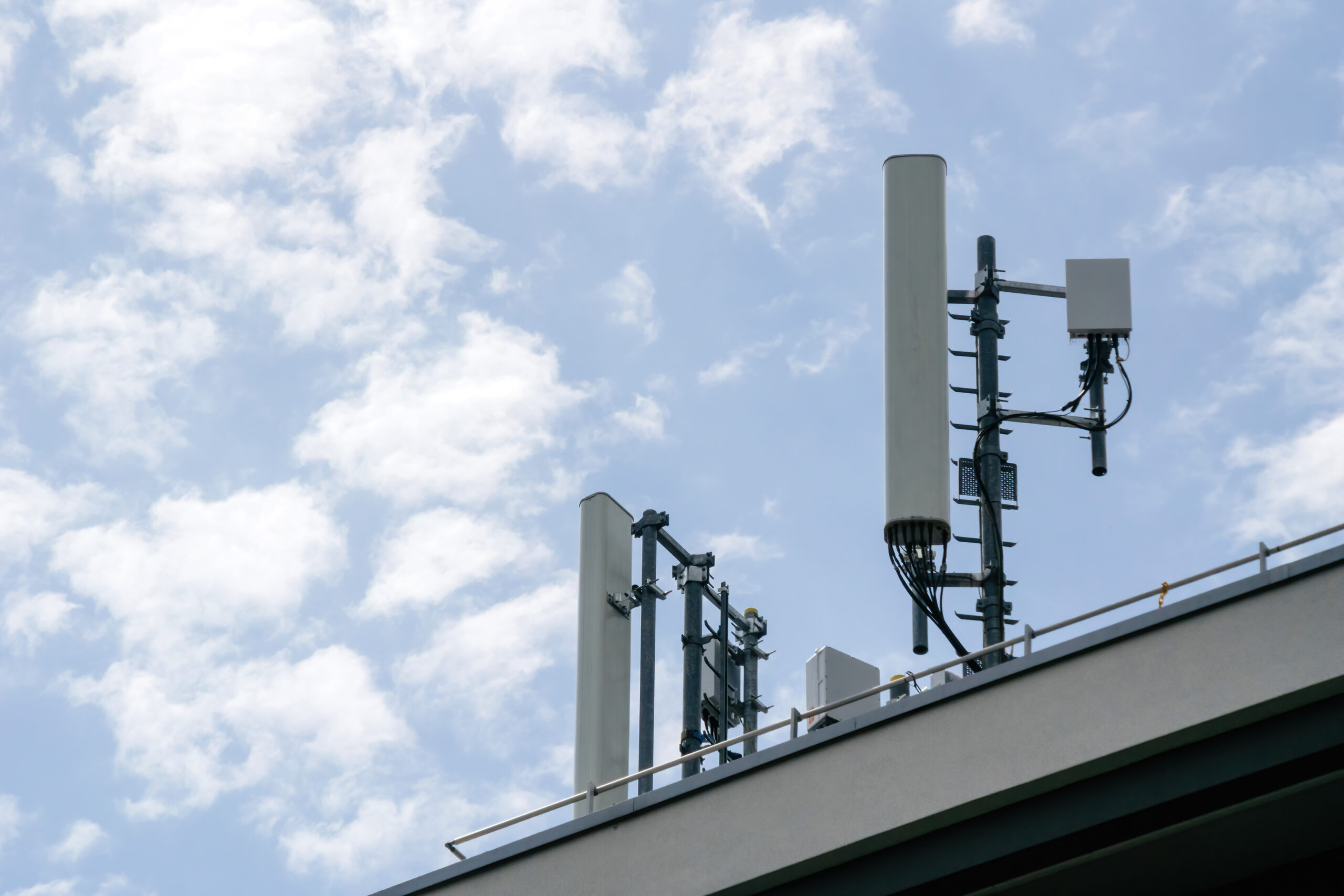
Speakers and microphones: These devices are used to transmit messages and alerts to people in the area. They may be located in strategic locations throughout the building, such as in hallways or near exits, to ensure that people can hear the messages clearly.
Intercoms: These devices allow individuals to communicate directly with emergency responders or with a central control room. They may be located in strategic locations throughout the building or may be handheld devices that can be carried by emergency responders.
Two-way radios: These devices allow emergency responders to communicate with each other and with a central control room. They may be used to coordinate an emergency response or to provide updates on the situation.
Emergency sirens: Some systems may include emergency sirens that can be activated to alert people to potential dangers. The sirens may be located throughout the building or may be triggered remotely by emergency responders.
Emergency lighting: Some systems may include emergency lighting that can be activated in the event of an emergency. This lighting may be used to guide people to exits or to provide additional illumination in areas that may be difficult to see.
Does my business need ERCES?
Whether or not a commercial building needs an Emergency Responder Communication Enhancement System (ERCES) depends on a variety of factors. Some of the key considerations include the size and layout of the building, the types of activities that take place there, and the potential risks and hazards present.
In general, commercial buildings that are larger or have more complex layouts may benefit from having one of these systems in place. The system can help improve communication between emergency responders and individuals in the building. This can be especially important in a large or complex building where it may be difficult to locate people or communicate with them directly.
Commercial buildings that are used for activities that may pose a higher risk of emergencies, such as manufacturing or chemical processing, may also benefit from having a system in place. This is because the system can provide a means of quickly and efficiently alerting people to potential dangers and coordinating a response.
It’s important to note that the decision of whether to install an ERCES system should be based on the unique circumstances of the building and the needs of the people who use it. Consulting a professional is a great way to determine if your commercial building in New Hampshire requires one of these systems.
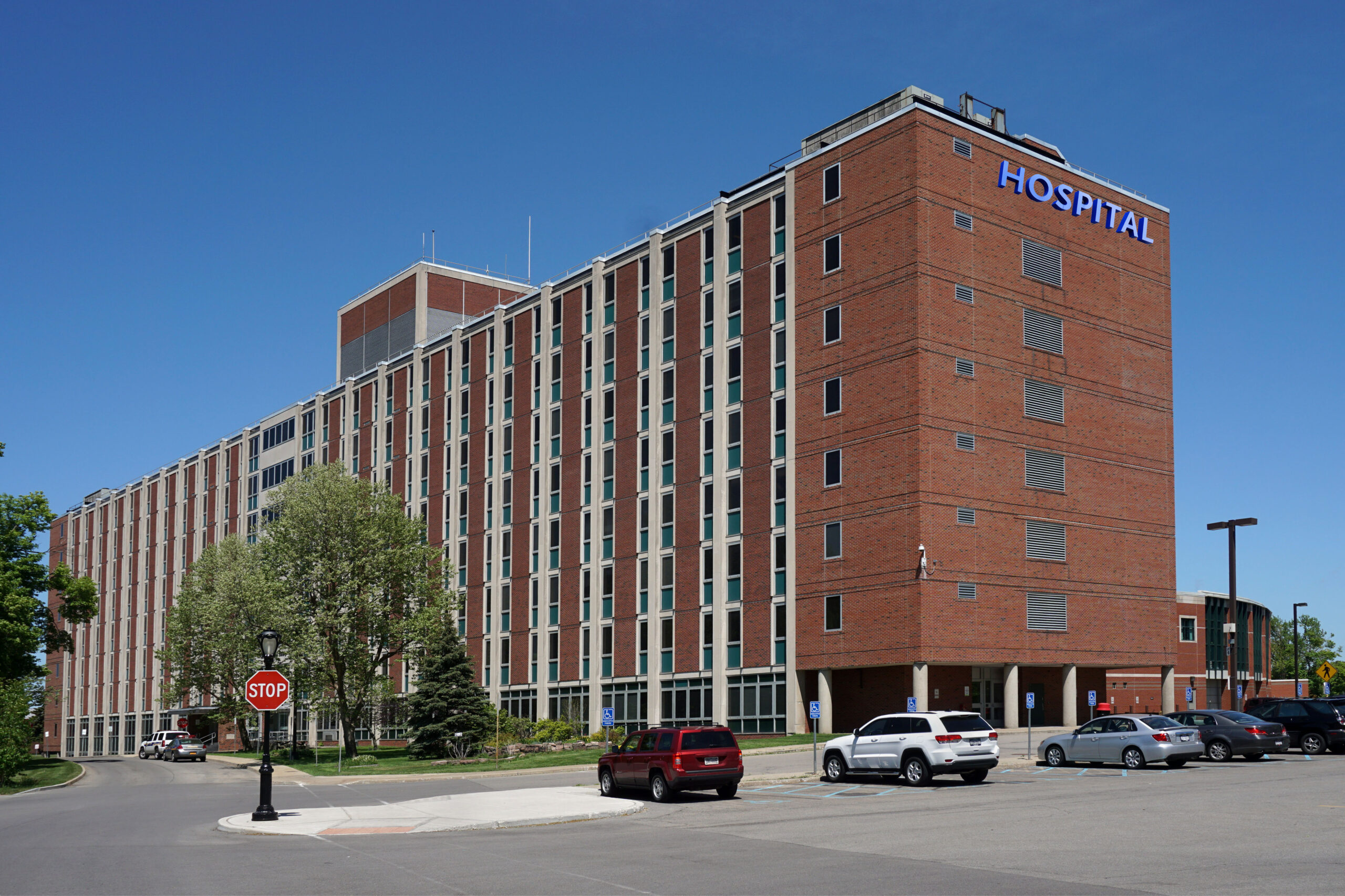
What services does RFE Communications offer ERCES?
If you’re considering installing an Emergency Responder Communication Enhancement System for your business, you may be wondering what kind of services are typically included with an installation. The services included with the installation can vary depending on the specific system and provider. It is important to note that the specific services included with installation may vary depending on the provider and the specific system being installed. It may be helpful to discuss the services offered by a particular provider in detail before making a decision. However, some common services that may be included with an ERCES installation in New Hampshire are:
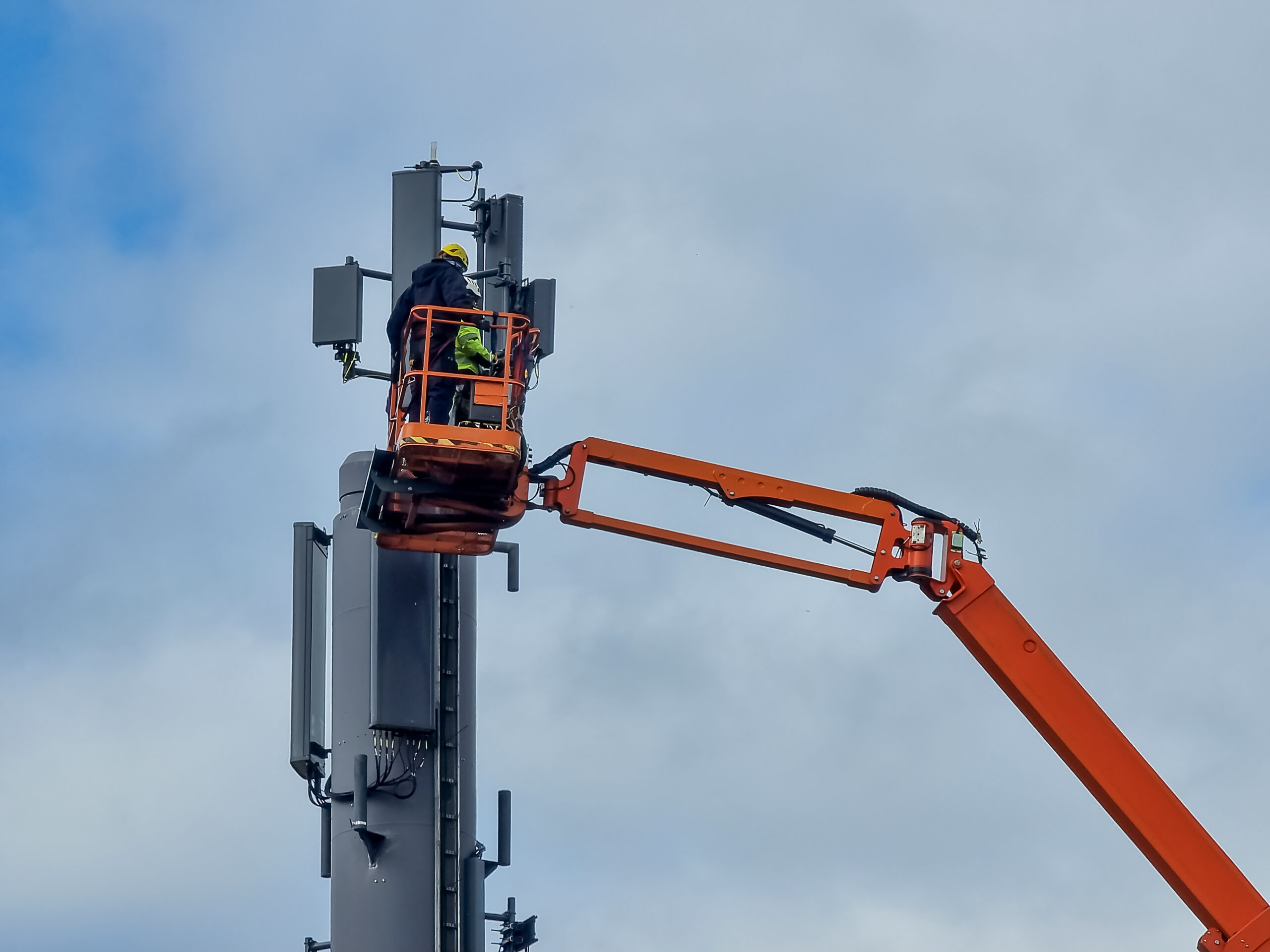
Consultation: Many providers can help businesses determine their specific needs and design a customized system. This may include a site visit and assessment of the building’s layout and potential hazards.
Design and engineering: Providers may work with businesses to design and engineer a system that meets their needs, including designing the layout of the system and selecting the appropriate equipment and devices.
Installation: Providers can handle the installation of the system, including installing all necessary equipment and devices, setting up the communication network, and testing the system to ensure it is functioning properly.
Training: Some providers offer training services to help businesses and employees understand how to use the system effectively in an emergency, such as initiating an emergency response, using the communication devices, and following emergency procedures.
Maintenance and support: Many providers offer ongoing maintenance and support for their systems, including regular inspections and testing to ensure the system is functioning properly. In the event of any issues, repair services may also be provided.
F.A.Q.
We’ve answered some of the most common questions about ERCES here, but if you don’t see your question, just ask and we’ll be in touch.
What is the purpose of an ERCES system?
The main purpose of an ERCES system is to improve communication between emergency responders and individuals in emergency situations. ERCES systems can be used to transmit alerts and messages to people in the area, as well as to coordinate an emergency response.
What types of buildings benefit from having an ERCES system?
These systems can be useful in a variety of settings, including commercial buildings, hospitals, schools, and other public spaces. Buildings that are larger or have more complex layouts may benefit from an ERCES system, as may buildings that are used for activities that pose a higher risk of emergencies.
What types of equipment are included?
These systems may include a variety of equipment and devices, such as speakers and microphones, intercoms, two-way radios, emergency sirens, and emergency lighting. The specific components of an ERCES system will depend on the specific needs and requirements of the building and the people who use it.
How do the systems work in an emergency?
In an emergency situation, a system may be activated by emergency responders or by individuals in the building. Once activated, the system can transmit alerts and messages to people in the area, as well as to emergency responders, to help coordinate a response.
Are the systems expensive to install and maintain?
The cost of a system will depend on a variety of factors, including the size and complexity of the system, the specific equipment and devices included, and the provider. Some systems may be more expensive to install and maintain than others. It may be helpful to discuss the cost with a provider to get a better understanding of the potential expenses involved.

